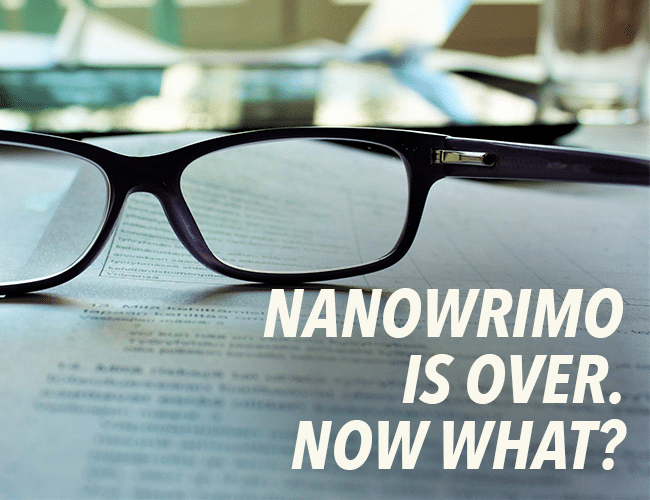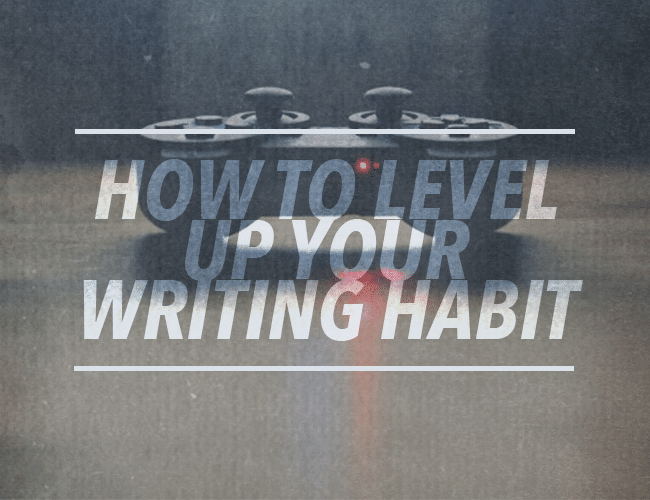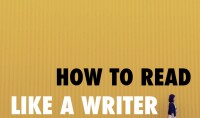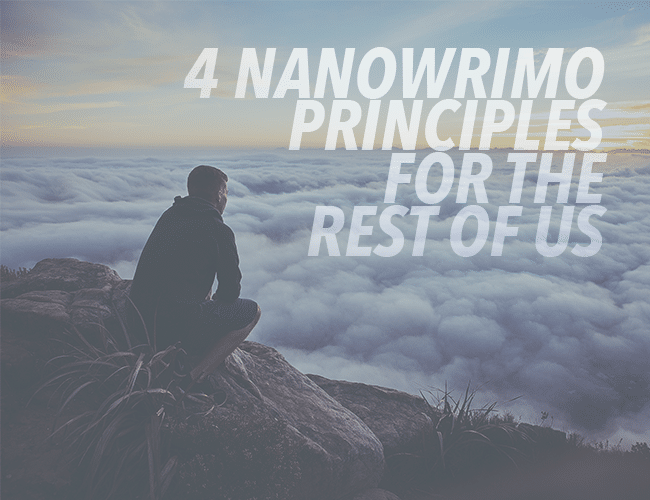
by Ruthanne Reid |
I’ve “won” NaNoWriMo six times (and only published one major work and two novelettes, so this is not a boast). On far too many occasions, I’ve completed my work, gotten my goodies, and then done nothing at all with the novel I wrote. Sometimes, I lost momentum entirely; I’ve even ended up blocked. I don’t want that to be you.

by Joe Bunting |
Why did you first have the idea to become a writer? I could be wrong, but it was probably because you read a book that touched you so deeply, that pierced you to your core, that you thought, “Wouldn’t it be amazing to inspire this feeling in others?”

by Emily Wenstrom |
NaNoWriMo demands a sudden burst of high capacity creation—it’s like sprinting a marathon. This works for some people, but if you’re not one of them, don’t feel bad. Try leveling up instead.

by Ruthanne Reid |
When we read, we change our world, and we write because on some level, we want to do the same for others. Do you want to write something that affects others the way you were affected? Then you have to learn to read like a writer—with your brain turned on.

by Monica M. Clark |
I was in the third grade when I received my first journal. And, while I couldn’t articulate at the time, that was when I discovered writing as mechanism to self-soothe. Writing helped me, and it still does.
But that doesn’t mean my journals are worth reading. When I’m journaling, I’m an “indulgent writer.”

by Emily Wenstrom |
We’re now knee-deep in National Novel Writing Month (NaNoWriMo), the ambitious writer’s one-month sprint to 50,000 words.
Every year, hundreds of thousands of writers take on the challenge, and thousands succeed, saying adios to November with a first draft of a shiny new novel in tow.
It’s a truly amazing feat. But it’s not for everyone.








